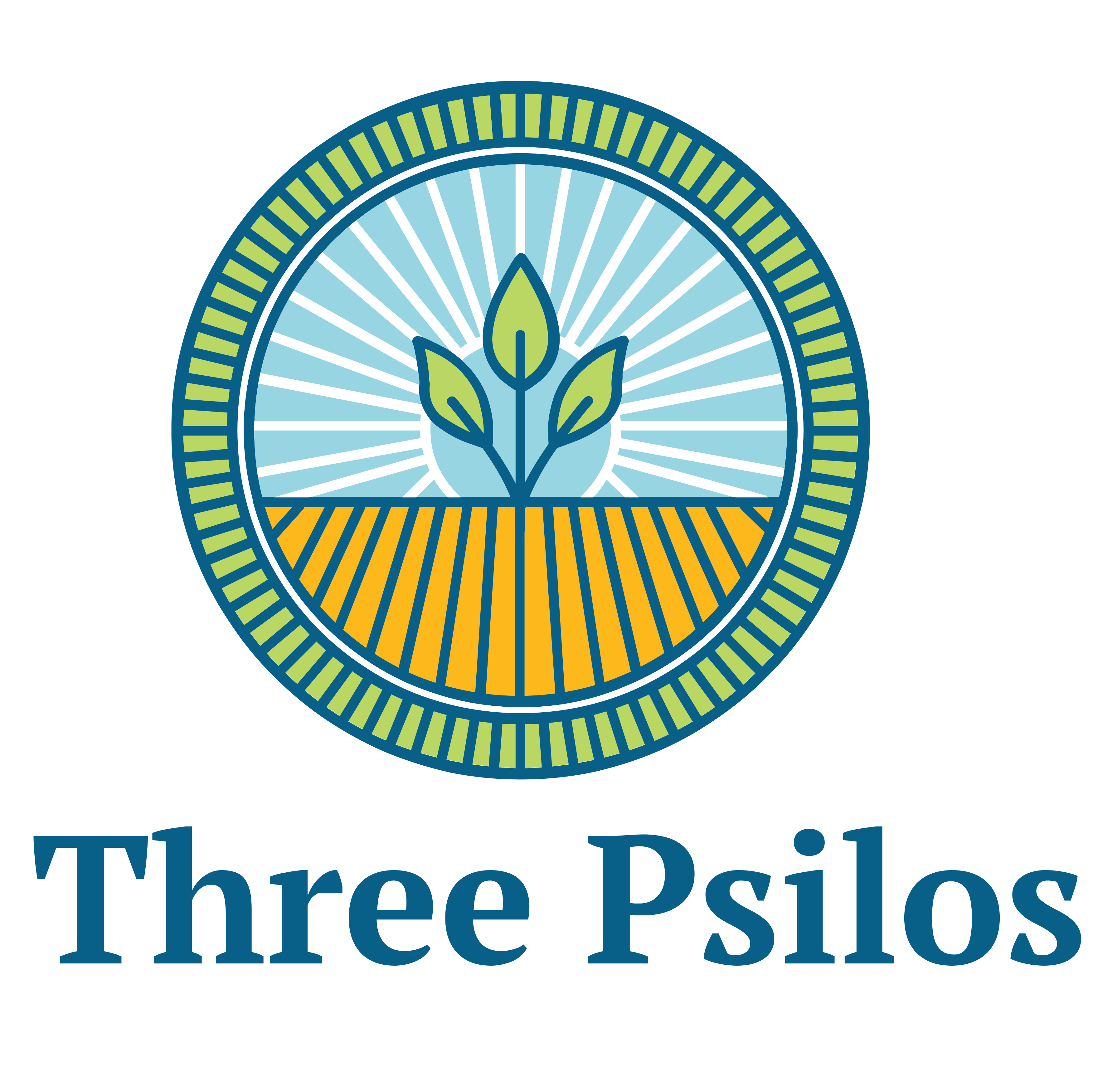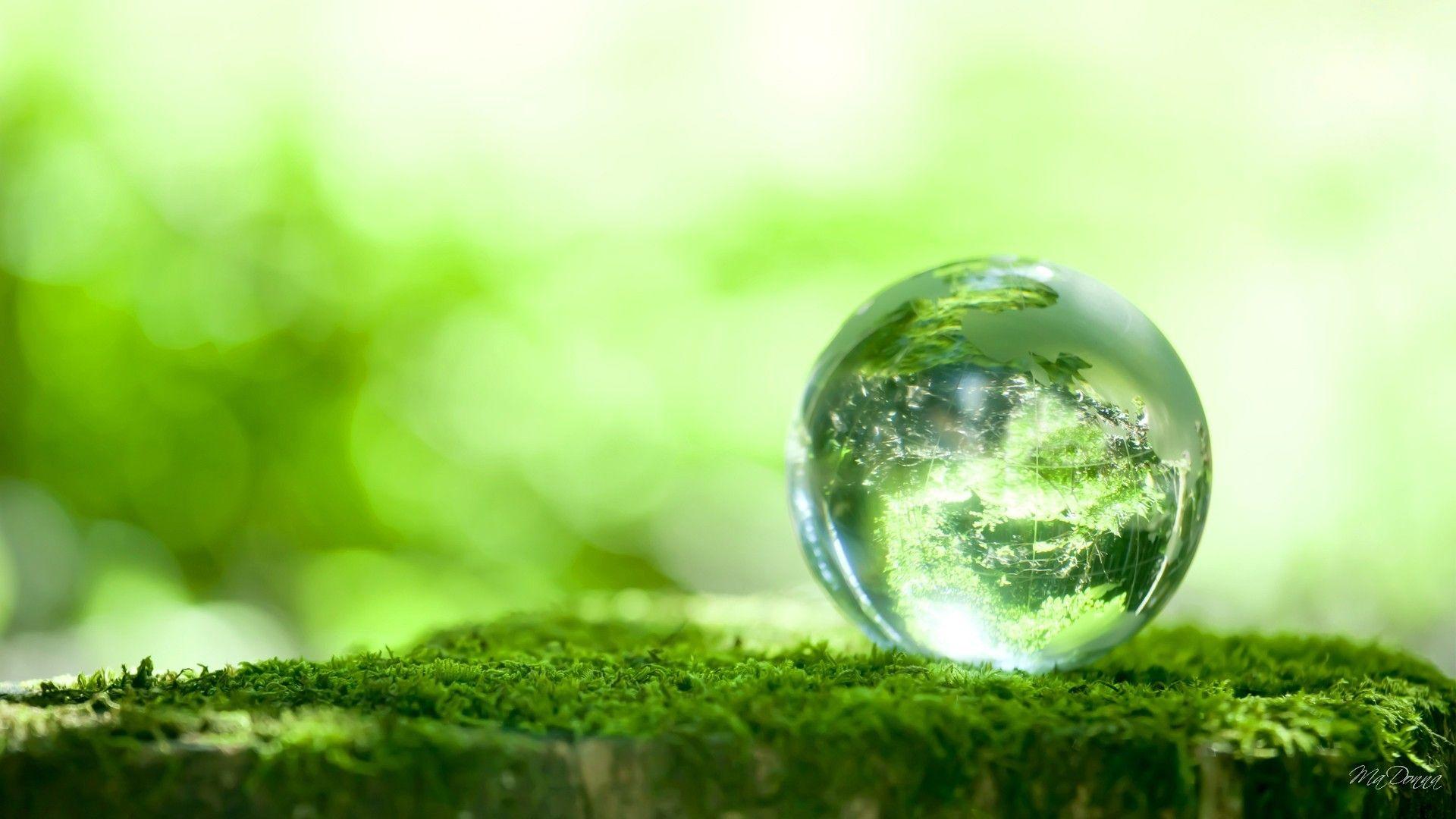Ecology is the scientific study of the relationships between organisms and their environment. It focuses on understanding the interactions between living organisms (such as plants, animals, and microorganisms) and their physical surroundings, including the abiotic (non-living) components of the environment like air, water, soil, and climate.
Ecology seeks to understand how organisms interact with each other and with their environment, as well as how these interactions influence the distribution, abundance, and diversity of organisms. It explores various levels of biological organization, ranging from individuals and populations to communities and ecosystems.
Ecologists study a wide range of topics, including:
- Biotic Interactions: Examining how organisms interact with other organisms in their environment, such as predator-prey relationships, competition for resources, mutualistic partnerships, and the dynamics of food webs.
- Abiotic Factors: Investigating the impact of physical and chemical factors, such as temperature, rainfall, soil composition, and nutrient availability, on the distribution and behavior of organisms.
- Population Dynamics: Analyzing the factors that influence the size, growth, and movement of populations, including birth rates, death rates, migration patterns, and the effects of environmental changes.
- Community Ecology: Studying the interactions between multiple species in a given area and the processes that shape community structure, species diversity, and species interactions.
- Ecosystems: Investigating the flow of energy and the cycling of nutrients within ecological systems, as well as the structure and function of ecosystems and the services they provide, such as carbon sequestration, water purification, and habitat provision.
Ecology is essential for understanding the complexities of our natural world and the interconnectedness of living organisms with their environment. It plays a crucial role in addressing environmental challenges, conserving biodiversity, and promoting sustainable practices for the well-being of both ecosystems and human society.

Site Ecology Report for Large Sites (per 100 acres)
Three Psilos, Inc. Site Ecology Reports set the standard for ecological surveys in Central Florida’s xeric uplands.
This Site Ecology Report documents your site’s ecological make-up. You will receive a publication-quality, PDF package including your site’s official ecology report, and access to all Three Psilos, Inc. services for one year.

